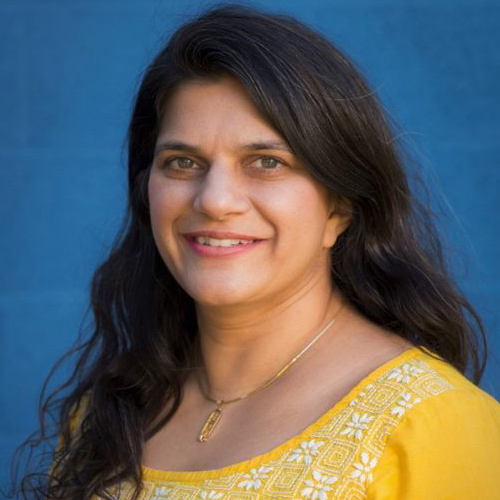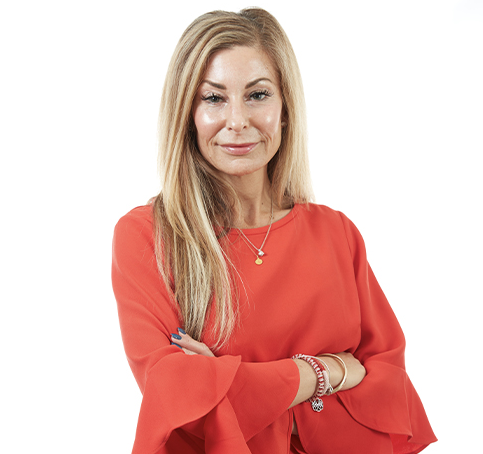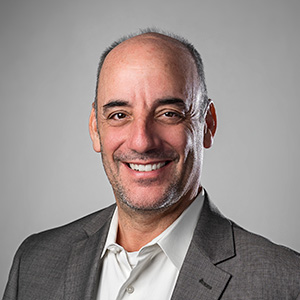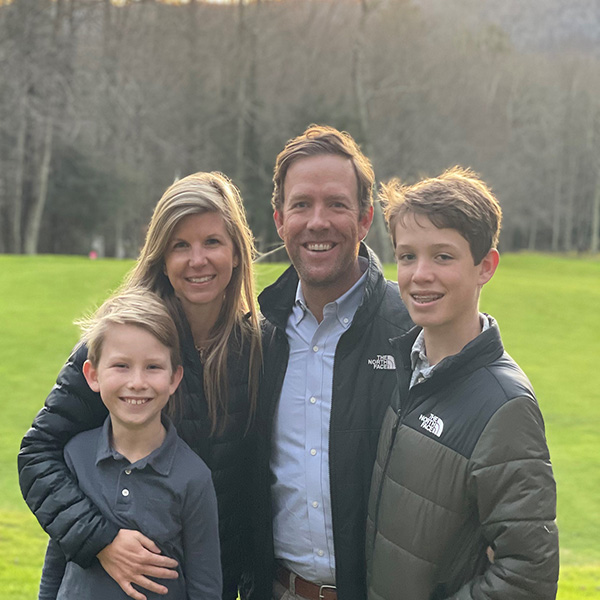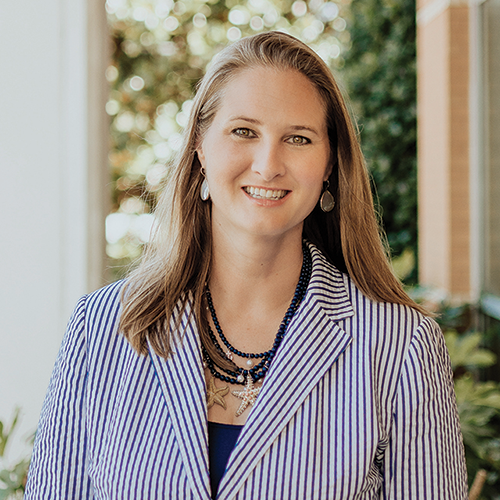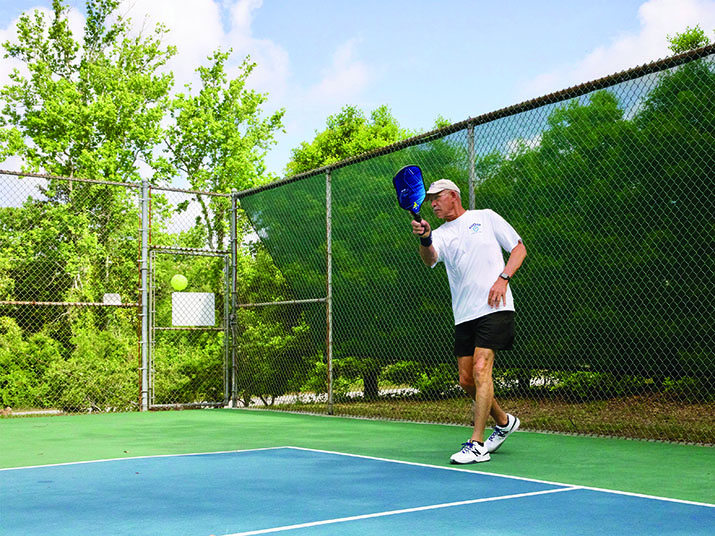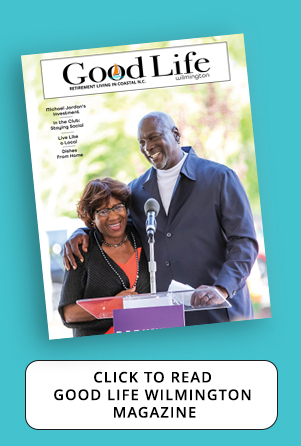My Story: The Lessons of Literacy
In May, the Cape Fear Literacy Council is celebrating the return of our Luncheon for Literacy – outdoors at the beautiful Watermark Marina! We are honored that our keynote author is NC Poet Laureate Jaki Shelton Green. Jaki has a lot of experience with adult literacy programs, and she speaks about the importance of Telling Your Story. I have been reflecting on my own literacy story and how it shapes who I am.
It starts with my immigrant parents. Like many English language learners, they came to this country with a good education from their birthplace but almost no financial resources, few contacts in their new community, and little understanding of American life. Fortunately, my parents met neighbors and co-workers who helped them navigate phenomena big and small, from schools to banking, to the concept of a car “defroster,” which they had not experienced in India.
I learned to read at a young age, snuggled against my father in his armchair, looking at the newspaper every evening. I remember what it felt like when words began taking shape, when I could suddenly “see” captions under the pictures that, previously, were all I could understand. It is a magical moment at any age. Mr. Richard (a CFLC student in his 60s) called me full of excitement when he could read Wilmington street signs for the first time – names of roads he had driven on for a lifetime but had never been able to decipher.
For my first job after college, I worked in adult education through the VISTA program (Volunteers in Service to America) in a sprawling desert region in southeastern Utah. Most learners were members of the Navajo nation, and their challenges were complex:
- English was not their first language.
- Many lived in remote areas where even landline phone service was not guaranteed.
- The folks I met had not thrived in public schools.
It was an eye-opening year for me, especially to consider how disparate the outcomes of the education system were, based on culture and geography. Having grown up in Baltimore City, I was familiar with unequal educational opportunities. Still, something about that year in Utah shifted my understanding of what realities exist for different people.
Years later, when I started volunteering as a tutor at CFLC, I was amazed by the positive side of education and what was possible at a grassroots level. The young man with whom I worked 1–on–1 was resilient. He struggled with reading but had many other gifts: clever hands, a kind heart, extraordinary determination. He was literate in woodworking and car repair – skills I could never dream of mastering. But he needed help with reading and writing, and through the tutoring process, we both realized how complex those skills are!
We worked together twice a week, making incremental steps toward larger life goals – a credential, a better job, independence. In our sessions, I learned about life and myself and the English language. My student was definitely my teacher, and our learning partnership benefitted us both.
As a parent of a child with dyslexia, I am now discovering more about how learning works.
There are practical and emotional frustrations for someone with a learning difference, but I believe my daughter’s dyslexic thinking is also a superpower; she sees possibilities that most people can’t imagine. CFLC math tutor Trig, a retired engineer with dyslexia, told me that over half of NASA’s staff are dyslexic because they intentionally seek out creative thinkers. Trig has a special way of helping anxious math students learn. He empathizes with their struggles and knows that they can understand with thoughtful support. I feel very fortunate that my daughter also has teachers that help her shine.
Over the years at the Literacy Council, I have met many inspiring learners. Each has their own story, reasons for wanting to improve their lives through education, and how the Literacy Council has helped them move forward. Each individual has talents and challenges. CFLC’s personalized approach allows them to use their strengths while filling their educational gaps.
We all have literacy stories – a favorite teacher who inspired us, family members who experienced a new culture, a challenge through which we persevered and learned. We would love to hear YOUR story. Please show us how the Cape Fear Literacy Council is part of your community by sharing an anecdote on social media (remember to tag us @cfliteracy).
And join me at the Luncheon for Literacy on May 19, 2022. Meet CFLC’s incredible volunteers and staff, and learn how you can help advance our mission. Learn more and register at www.cfliteracy.org/events. Let’s celebrate the stories and the successes of adult learners in our community!

